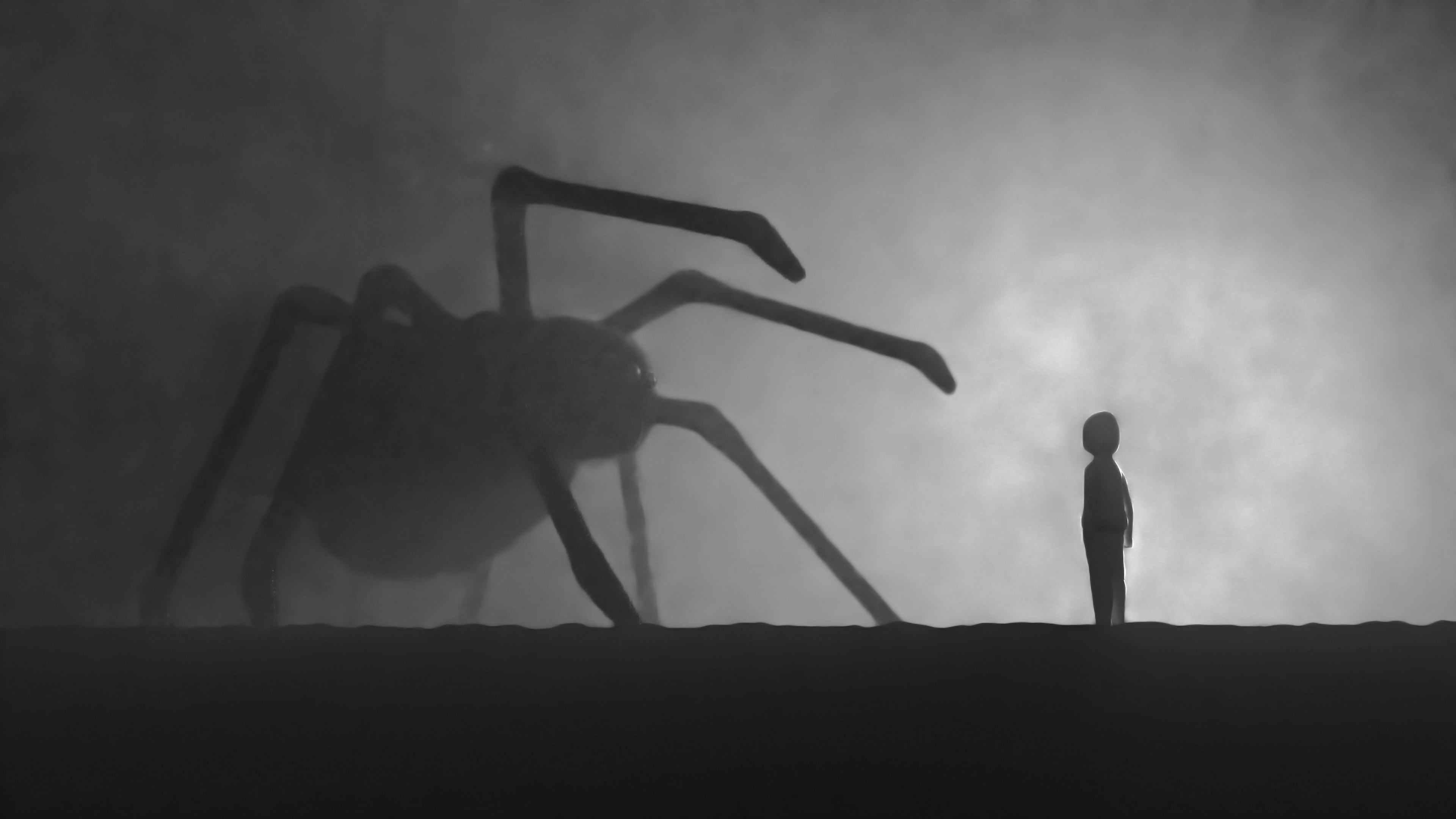What is a phobia?
A phobia is an overwhelming and unrealistic fear, typically accompanied by behaviour intending to avoid that fear. Whilst some degree of fear of certain situations or objects is natural, a phobia is so debilitating that it can interfere in social or professional life, far out of proportion with the risks the object of fear actually presents. Common phobias are spiders, heights, dentists and doctors, flying, and crowds (agoraphobia).
Symptoms of phobias
A phobia is categorised as a type of anxiety disorder. Symptoms will usually only arise when you are confronted by the source of your phobia. However some people have anticipatory anxiety just thinking about the source of their phobia.
Symptoms may include:
• dizziness
• nausea
• sweating
• increased heart rate
• trembling
• stomach upset
Types of phobias
Simple phobias
Simple phobias focus on a particular object, animal, situation or activity and usually appear during childhood or adolescence; they may become less severe as you get older.
Common examples of simple phobias include:
- animal phobias – such as dogs or rodents
- environmental phobias – such as heights and germs
- situational phobias – such as flying
- bodily phobias – such as having injections
- sexual phobias – such as performance anxiety
Complex phobias
Complex phobias develop during adulthood and are often associated with a deep-rooted fear or anxiety about a particular situation or circumstance. Some examples include agoraphobia and social phobia.
Agoraphobia is a phobia of being in a place or situation where you feel you may have a panic attack. If you have agoraphobia you tend to avoid the following situations:
- being alone
- being in crowded places, such as busy restaurants or supermarkets
- travelling on public transport
Social phobia, also known as social anxiety disorder, causes anxiety in social situations. If you have social phobia, you may fear of embarrassing yourself and being humiliated in public. (See Social Anxiety for more on this subject)
What causes phobias?
Phobias may caused by a number of factors:
- a phobia may be linked to a particular incident
- a phobia may be a learned response from childhood
- some people are genetically predisposed to be more anxious than others
How can counselling help with phobias?
Some people will never seek treatment for phobias, but will go to great lengths to avoid the object or situation that causes their anxiety. For others though, the chance of being free of their phobia is a lifeline. Most phobias can be overcome with the proper treatment.
Simple phobias can be treated by gradually exposing you to the object or situation that causes fear and anxiety. This is called desensitisation or self-exposure therapy. Many therapists and hypnotherapists offer this service; there are also self-help programmes, to which your GP may refer you.
Complex phobias often need longer periods of treatment, with psychotherapy, hypnotherapy or CBT. Doctors don't usually prescribe drugs, although they may be offered to help with the effects of anxiety arising from the phobia.
Find a therapist who specialises in phobias
Last updated on 7 April 2022

